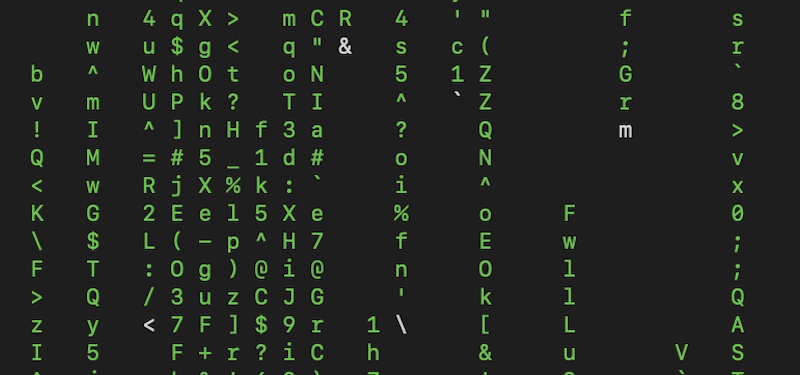Kubernetes – the four most common CNIs

Kubernetes is a powerful container orchestration platform that has revolutionized the way developers deploy, manage, and scale their applications. One of the key components of Kubernetes is the Container Network Interface (CNI), which provides a standardized way for containers to communicate with each other and the outside world. In this blog post, we’ll explore the four most common Kubernetes CNIs, and the pros and cons of each.
Flannel
Flannel is one of the most popular Kubernetes CNIs and is widely used in production environments. It uses a simple overlay network model, where each node in the cluster is assigned a unique IP address range. When a container is created on a node, Flannel assigns it an IP address from the node’s range, and ensures that the container can communicate with other containers and nodes in the cluster.
One of the main advantages of Flannel is its simplicity. It is easy to set up and configure, and requires very little overhead in terms of resources. It also has good performance characteristics, making it a good choice for high-traffic environments.
However, Flannel does have some limitations. It doesn’t provide any built-in security features, and can be vulnerable to certain types of attacks. It also has limited support for advanced network topologies, such as multi-homed nodes and multi-tenancy.
Calico
Calico is a more advanced Kubernetes CNI that provides a range of advanced networking features. It is designed to work with large-scale, multi-tenant clusters, and provides a highly scalable and secure networking model.
Calico uses a combination of BGP routing and distributed firewalling to provide network isolation and security. Each node in the cluster is assigned a unique IP address range, and Calico ensures that traffic is routed and firewalled correctly between nodes and containers.
One of the main advantages of Calico is its scalability. It is designed to handle large-scale clusters with thousands of nodes and millions of containers. It also provides advanced security features, such as distributed firewalling, which can help protect against attacks.
However, Calico can be more complex to set up and configure than Flannel, and may require more resources to run. It also has a steeper learning curve, and may not be the best choice for smaller or less complex deployments.
Cilium
Cilium is another popular Kubernetes CNI that provides advanced networking and security features. It uses a combination of eBPF (extended Berkeley Packet Filter) and Linux kernel features to provide a highly performant and secure networking model.
Cilium provides a number of advanced security features, including distributed firewalling, application layer encryption, and identity-based access control. It also supports advanced network topologies, such as multi-tenancy and multi-cluster deployments.
One of the main advantages of Cilium is its high performance. It uses eBPF to perform network filtering and manipulation, which can provide significant performance improvements over other CNIs. It also provides advanced security features, making it a good choice for environments that require a high level of security.
However, Cilium can be more complex to set up and configure than some other CNIs, and may require more resources to run. It also has a steeper learning curve, and may not be the best choice for smaller or less complex deployments.
In summary, Cilium is another strong contender for Kubernetes networking and security, providing a highly performant and secure networking model with advanced features. When choosing a CNI, it’s important to consider factors such as scalability, security, performance, and ease of use, and to choose a solution that meets your specific needs. More details about Cilium can also be found in my blogpost here.
Weave Net
Weave Net is another popular Kubernetes CNI that provides advanced networking features. It uses a virtual network overlay, similar to Flannel, but adds additional features such as built-in encryption and traffic shaping.
Weave Net is designed to provide a highly secure and performant networking model, with support for advanced topologies such as multi-homed nodes and multi-tenancy. It also has a number of built-in features that can simplify network management, such as automatic IP address allocation and DNS resolution.
One of the main advantages of Weave Net is its advanced security features. It provides built-in encryption and authentication, making it a good choice for environments that require a high level of security. It also has good performance characteristics, making it a good choice for high-traffic environments.
However, Weave Net can be more complex to set up and configure than Flannel, and may require more resources to run. It also has limited support for certain advanced network topologies, such as overlapping IP address ranges.
Conclusion
In conclusion, Kubernetes CNIs are a critical component of any Kubernetes deployment, and choosing the right one for your needs is important. Flannel, Calico, Cilium and Weave Net are four of the most common Kubernetes CNIs, each with their own strengths and weaknesses. When choosing a CNI, it’s important to consider factors such as scalability, security, performance, and ease of use, and to choose a solution that meets your specific needs.
